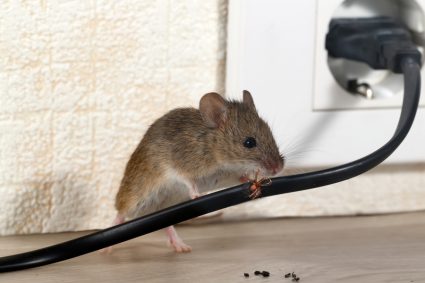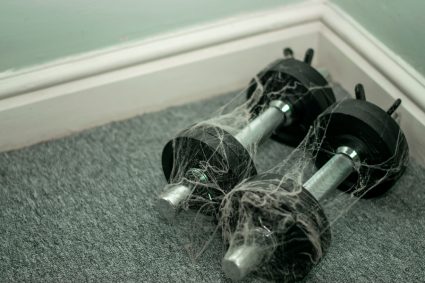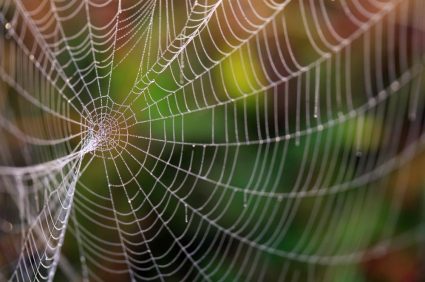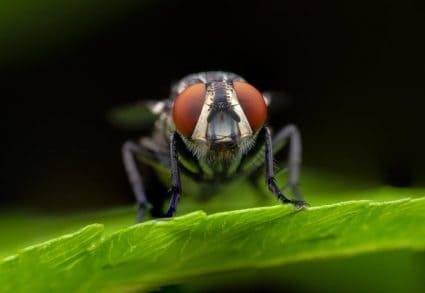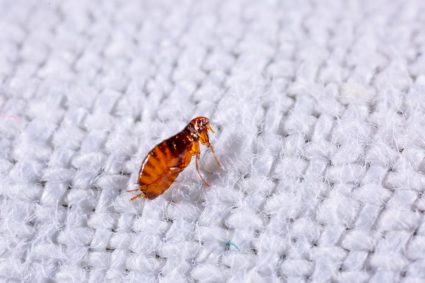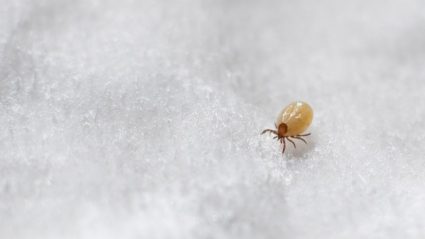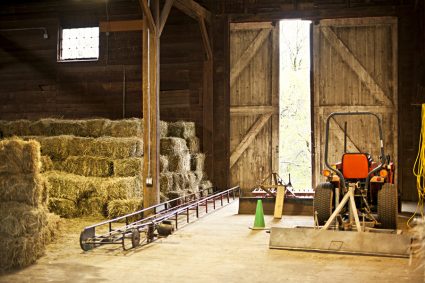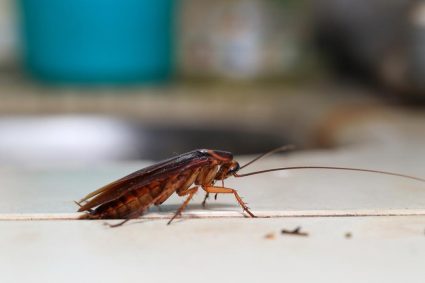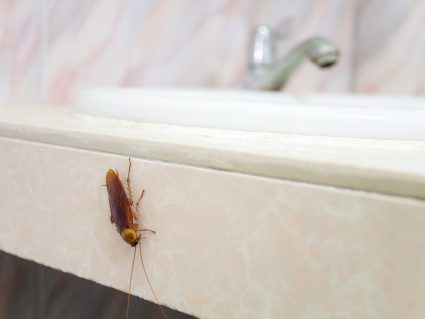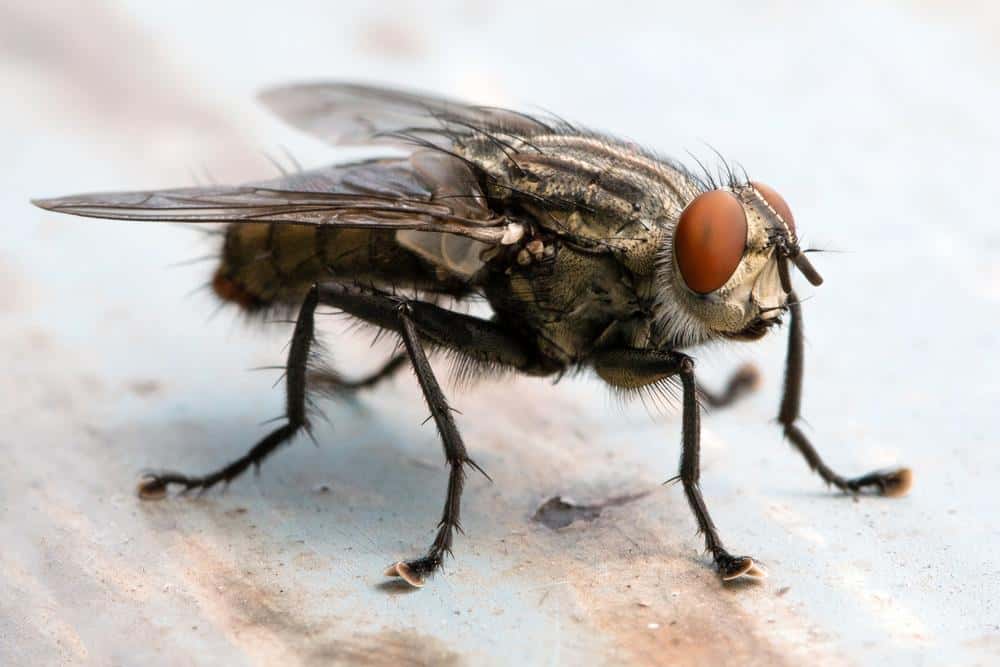
Maintaining a fly-free yard can seem like an uphill battle, but it doesn’t have to be. With the right strategies and a bit of diligence, you can effectively keep these pesky insects at bay. In this comprehensive guide, we’ll explore various methods, both natural and chemical, to repel flies and prevent them from infesting your yard.
To keep flies away from your yard, maintain cleanliness by regularly removing trash and cleaning up food spills. Keep compost piles away from the house and seal all trash in clean receptacles. Regularly mow your lawn and drain stagnant water. Plant fly-repellent plants such as basil, lavender, and mint. Use DIY repellents like a vinegar and dish soap spray or an apple cider vinegar trap. Encourage natural predators like birds and bats. If the infestation is severe, consider using chemical repellents or hiring a pest control professional.
Understand What Attracts Flies
Before we delve into the methods of repelling flies, it’s essential to understand what attracts them. Several factors lure flies into your yard, including food sources, moisture, warmth, and breeding sites.
Flies are attracted to strong smells, often coming from trash or food left outside. They also thrive in moist environments and are drawn to stagnant water. Warmth, especially during the summer months, can be another factor attracting flies. Finally, flies look for suitable breeding grounds, which can include pet waste, compost piles, and decaying organic matter.
By addressing these factors and implementing preventative measures, you can significantly reduce the chances of flies infesting your yard.
Effective Prevention Measures
Maintain Cleanliness
Regularly remove trash and clean up any food spills. Keep compost piles farther from the house to minimize fly attraction. Ensure all exterior trash is stored in clean, sealed receptacles. Change outside white lights to insect-resistant yellow bulbs, and promptly clean up after your pets.
Landscape and Yard Maintenance
Regularly mow your lawn and remove any trash or debris that may attract flies. Drain stagnant water and keep birdbaths fresh. De-thatch your lawn and manage grass clippings. Seal cracks around windows and doors where flies may enter your house, shed, garage, or other buildings. Use well-fitted, small-mesh, well-maintained screens on all doors and windows.
Plant Fly-Repellent Plants
Incorporate plants known to repel flies due to their strong scents. Examples include basil, lavender, rosemary, mint, and marigolds. Plant these in your garden or keep them in pots and move them to areas where you need to repel flies.
DIY Repellents
DIY Fly Repellent Spray
Mix 1 cup of water, 1 tablespoon of vinegar, and a few drops of dish soap in a bowl. Add essential oils like lemongrass, catnip, citronella, and cinnamon to boost the spray’s power. Be cautious with essential oils as they can cause allergic reactions and harm pets.
Apple Cider Vinegar Trap
Mix apple cider vinegar with a natural liquid soap in a bowl. Flies will be attracted to the aroma but will become trapped by the surface tension created by the soap in the liquid solution.
Cloves and Lemon
Cut a lemon in half and poke 6 to 12 cloves into the surface. Place these lemon halves around your home on a plate to repel flies.
Chemical Repellents
When choosing a chemical repellent, opt for EPA-registered insect repellents that have been tested for safety and effectiveness. Some recommended chemical repellents include those containing DEET, picaridin, oil of lemon eucalyptus, and IR3535. Always read and follow the pesticide label’s instructions and safety warnings.
Encourage Natural Predators
Attract birds, bats, frogs, and spiders, which are natural predators of flies. Provide suitable habitats for these predators to thrive.
Conclusion
Keeping flies away from your yard requires a combination of methods. Regular maintenance, cleanliness, use of repellents, and encouraging natural predators are essential for effective fly control. By implementing these strategies, you can enjoy a fly-free yard and make your outdoor spaces more enjoyable.
Remember, if the infestation becomes too overwhelming, don’t hesitate to call a pest control professional. They can provide more targeted solutions to ensure that your yard remains fly-free.
Frequently Asked Questions
What other plants can repel flies?
Besides basil, lavender, rosemary, mint, and marigolds, other plants that can repel flies include citronella, lemongrass, and catnip. These plants produce strong scents that are unappealing to flies.
Can I use any type of vinegar for the DIY fly repellent spray?
While other types of vinegar may work, apple cider vinegar is typically the most effective due to its strong smell which attracts flies.
How often should I change the water in my birdbath to prevent flies?
It’s recommended to change the water in your birdbath at least once a week, and more often during hot weather. This prevents the water from becoming stagnant, which attracts flies.
Are there any essential oils I should avoid in my DIY repellents?
Some essential oils can be harmful to pets or children if ingested or applied to the skin. These include tea tree, wintergreen, pennyroyal, and sweet birch. Always research the safety of any essential oils you plan to use and keep them out of reach of children and pets.
How can I attract natural predators to my yard?
Provide habitats that are appealing to these animals. For birds, install birdhouses and feeders. For bats, consider installing a bat house. For frogs, a small pond or water feature can be attractive. For spiders, provide areas of undisturbed vegetation where they can build webs.

